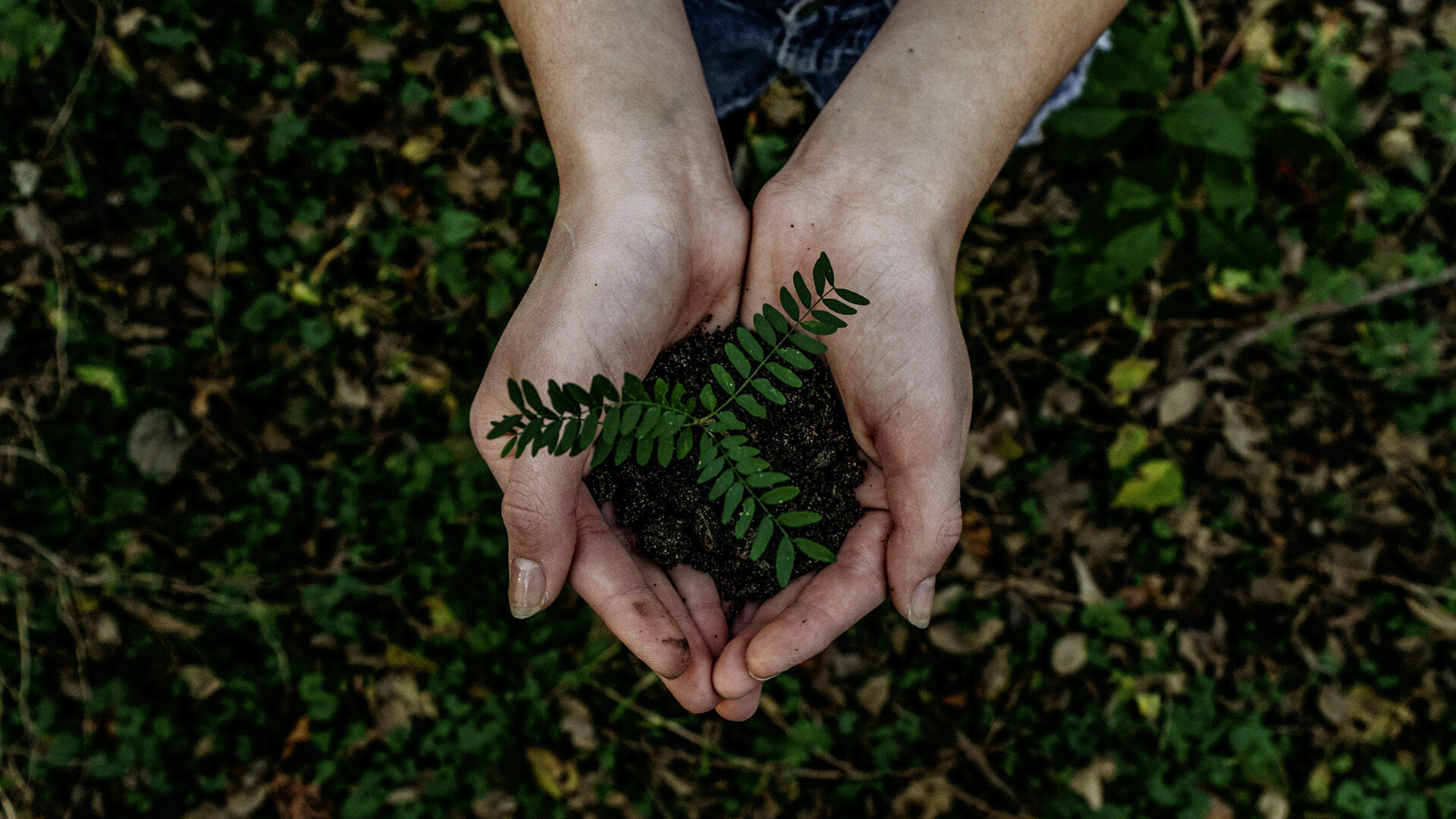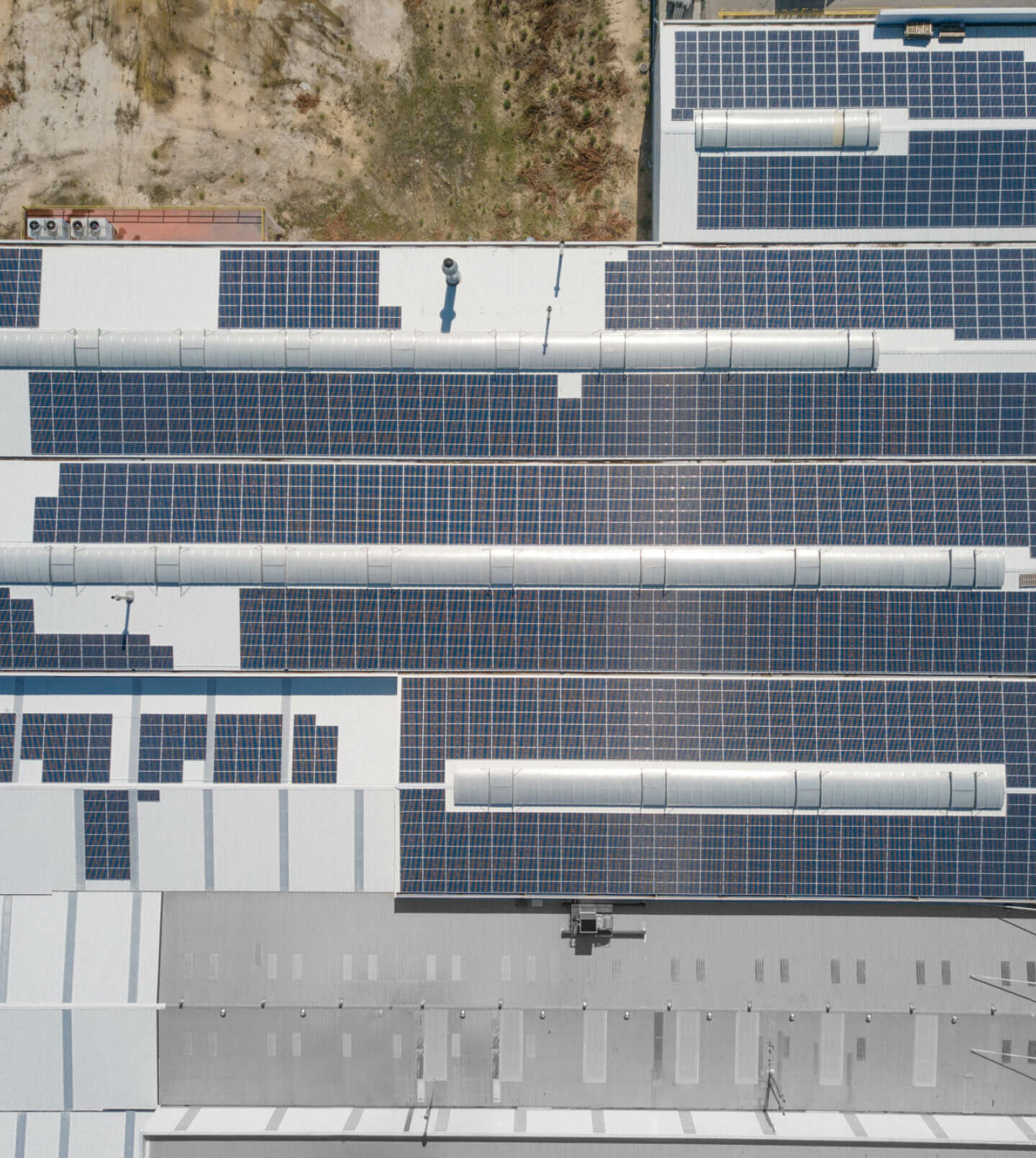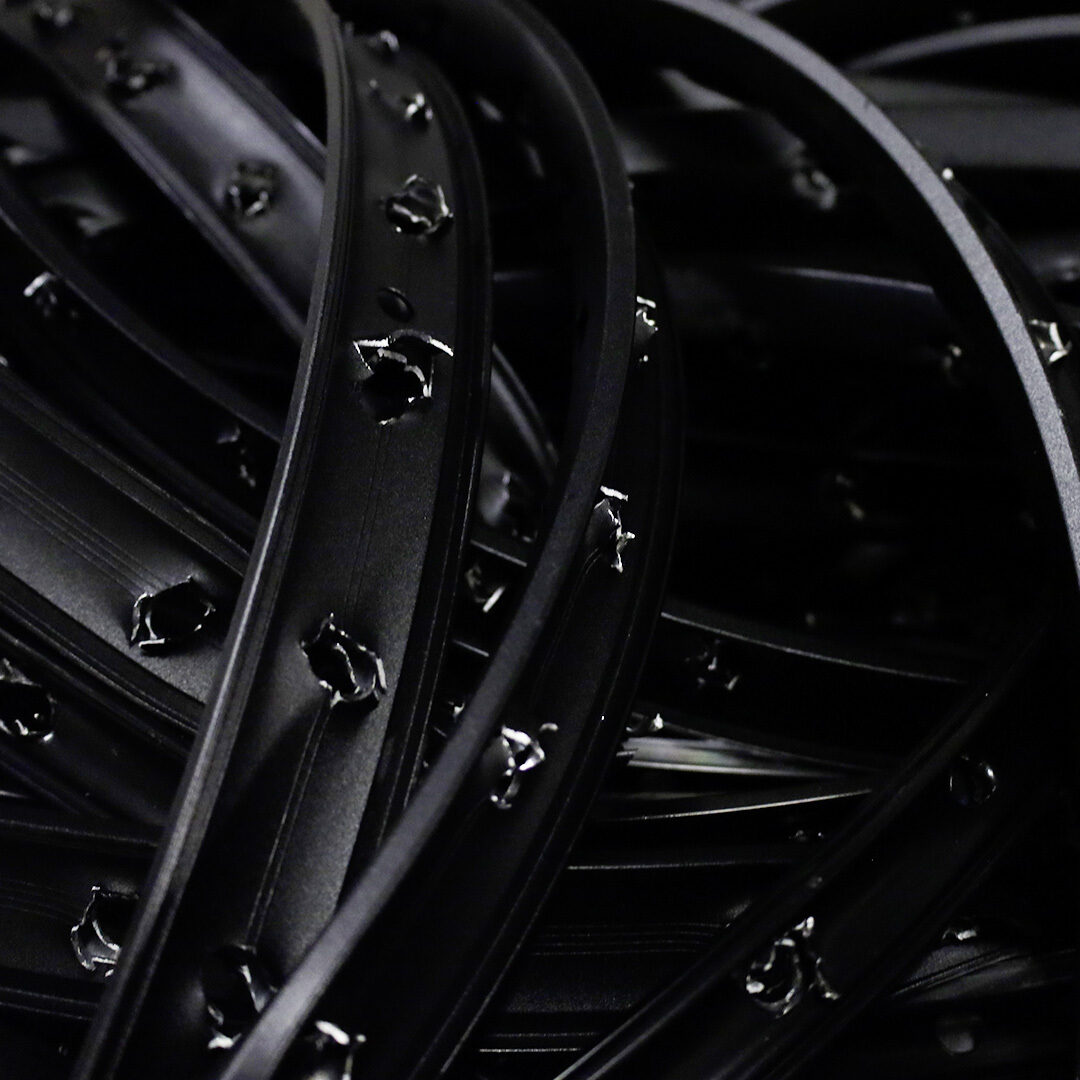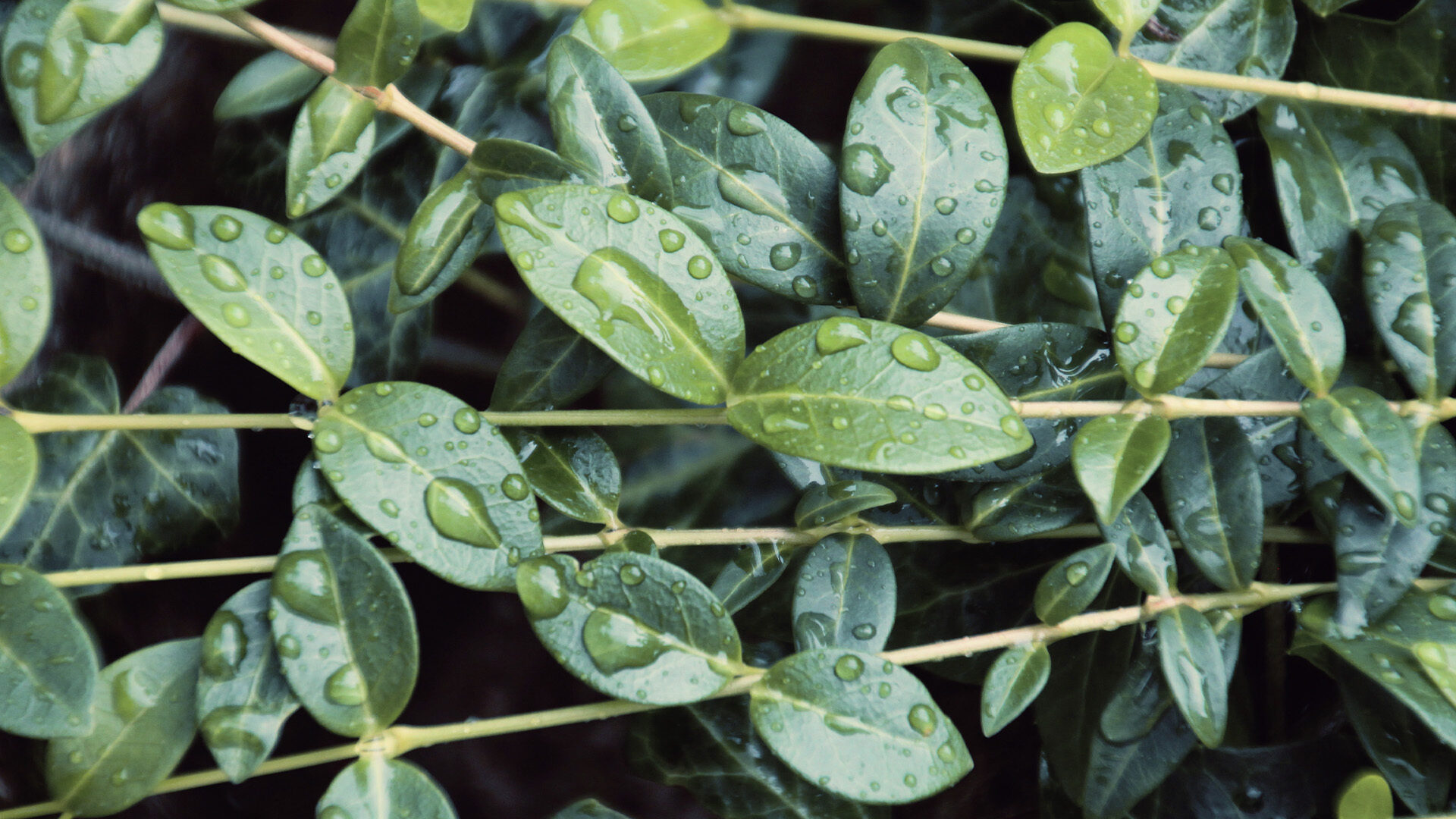We value our planet
RODI is environmentally certified by the ISO 14001: 2015 standard and has a management plan in which it develops various initiatives to improve its environmental performance and reduce the impact of its activity.
Currently, the main areas of control are energy consumption, water consumption, effluent discharge, and waste production.



